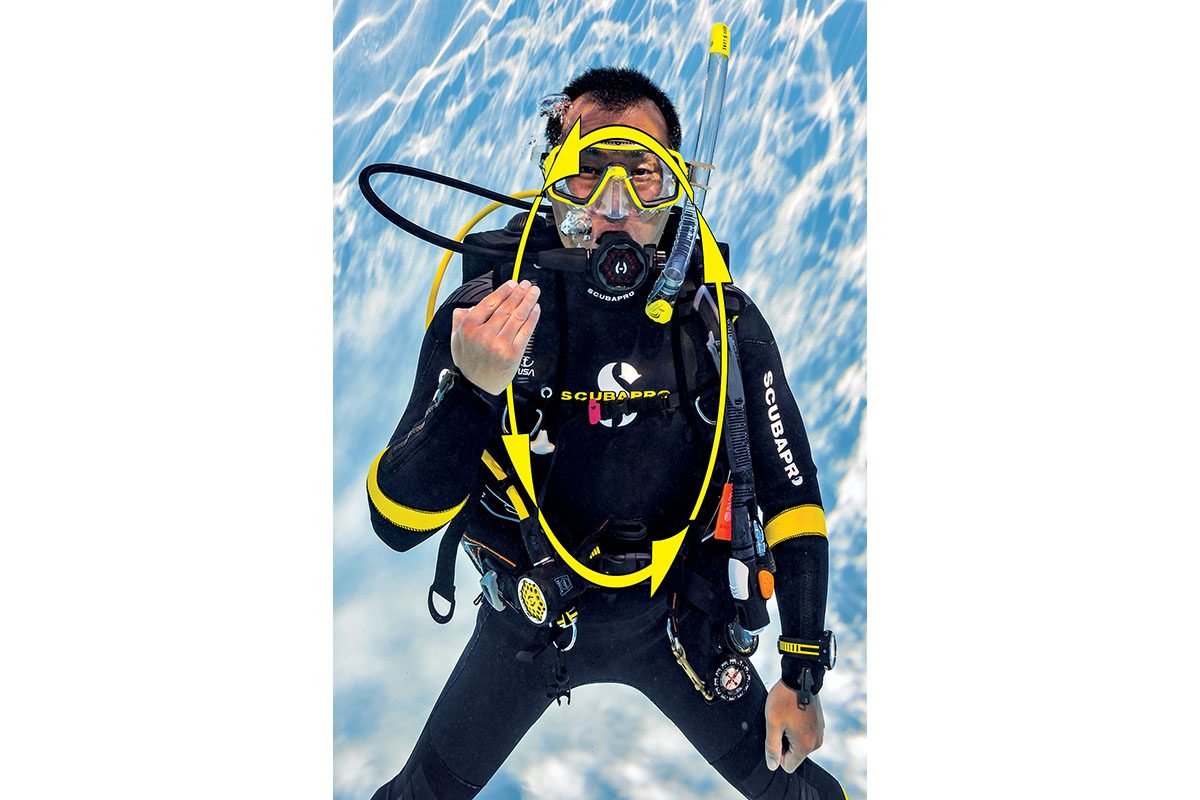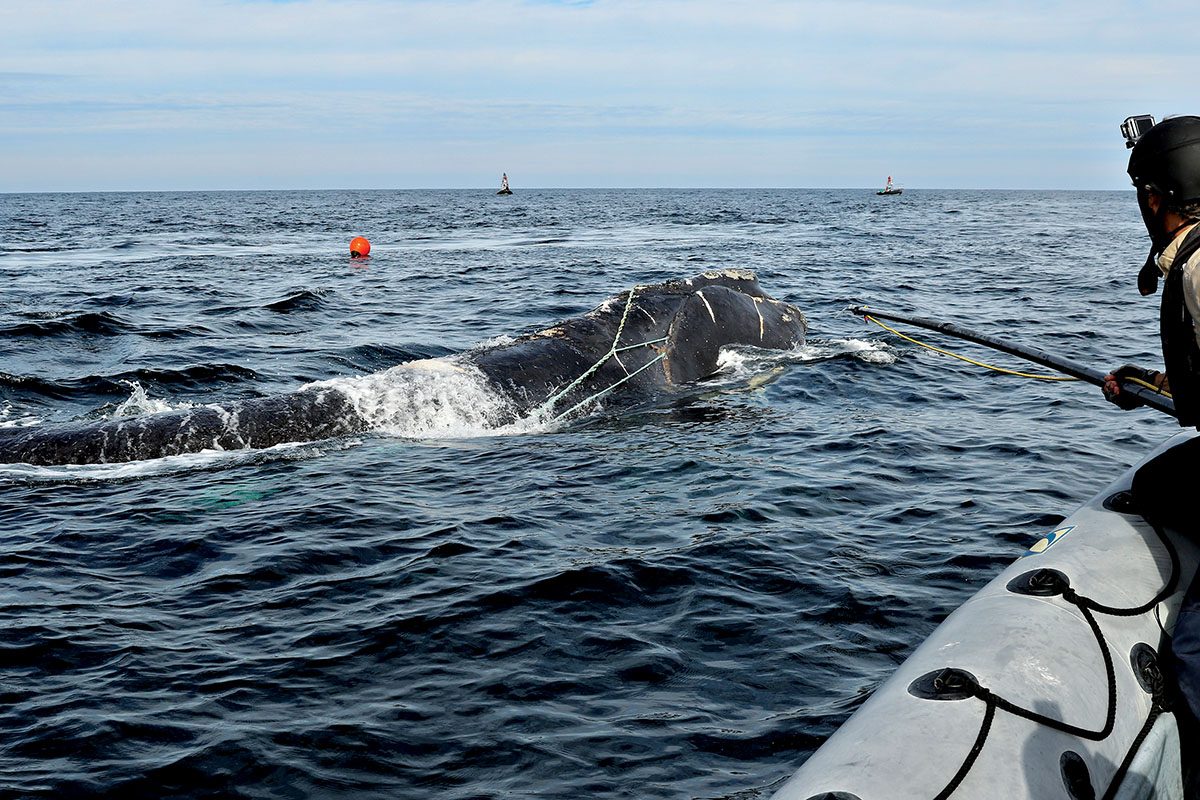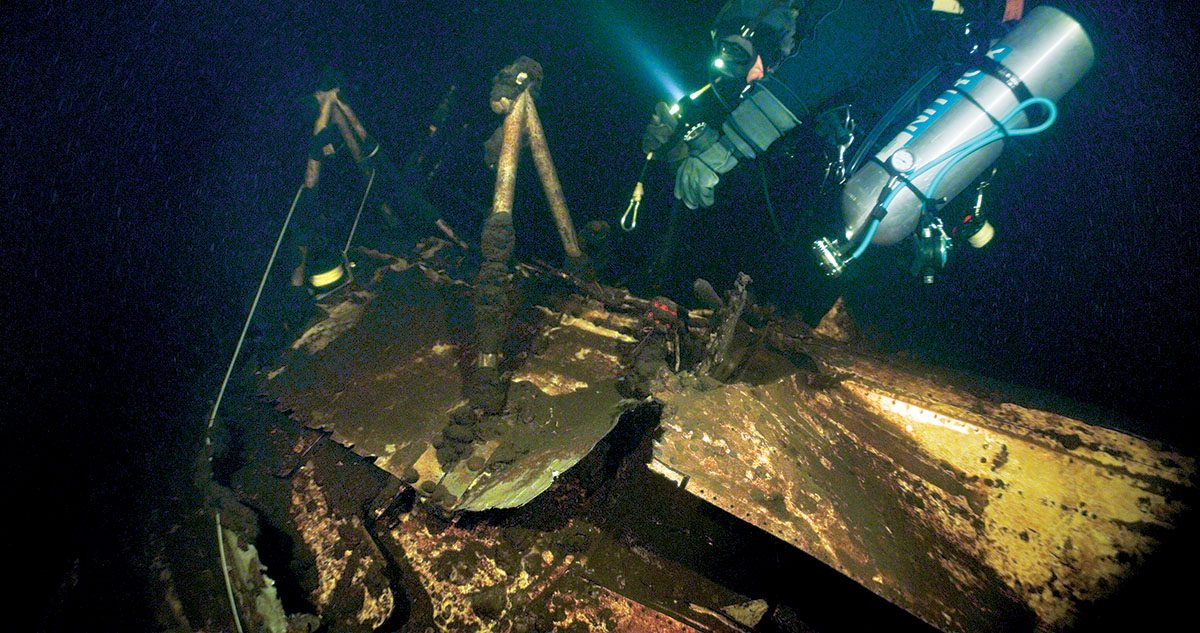DAN Dispatch: New Hand Signal Communicates Illness
Divers learn in training to avoid diving when ill, but sometimes people become ill during a dive.

Divers learn in training to avoid diving when ill, but sometimes people become ill during a dive.

We’ve all seen tragic images of suffering marine animals entangled in monofilament line or other marine debris.

The small Royal Canadian Air Force (RCAF) field at Gander, Newfoundland, gained notoriety as the airport to which dozens of international flights were diverted after the terrorist attacks on Sept. 11, 2001.

A 2023 inductee into the Women Divers Hall of Fame, Taylor hopes to get people to think about little things they can do every day that collectively can make a big difference.

Within the geographical confines of the Monterey Bay National Marine Sanctuary (MBNMS) is one of the world’s most ecologically diverse coastal marine environments.

DAN works diligently to equip divers with the information they need to stay safe both in and out of the water.

The chronology of my last sojourn to French Polynesia was much longer than the travel time from Seattle, Washington, to the capital Papeʻete on the island of Tahiti.

With some forethought, gear, and preparation, you may still enjoy your dive despite inclement weather conditions.

Upon its release in December 2022, Avatar: The Way of Water drew huge attention from the dive community for its remarkable underwater scenes.

During the pandemic I asked my partner, David Doubilet, a question: “If you had one full year to dive in one country, what country would it be?” I thought he might need some time to consider, given he has spent five decades documenting the sea for National Geographic.
